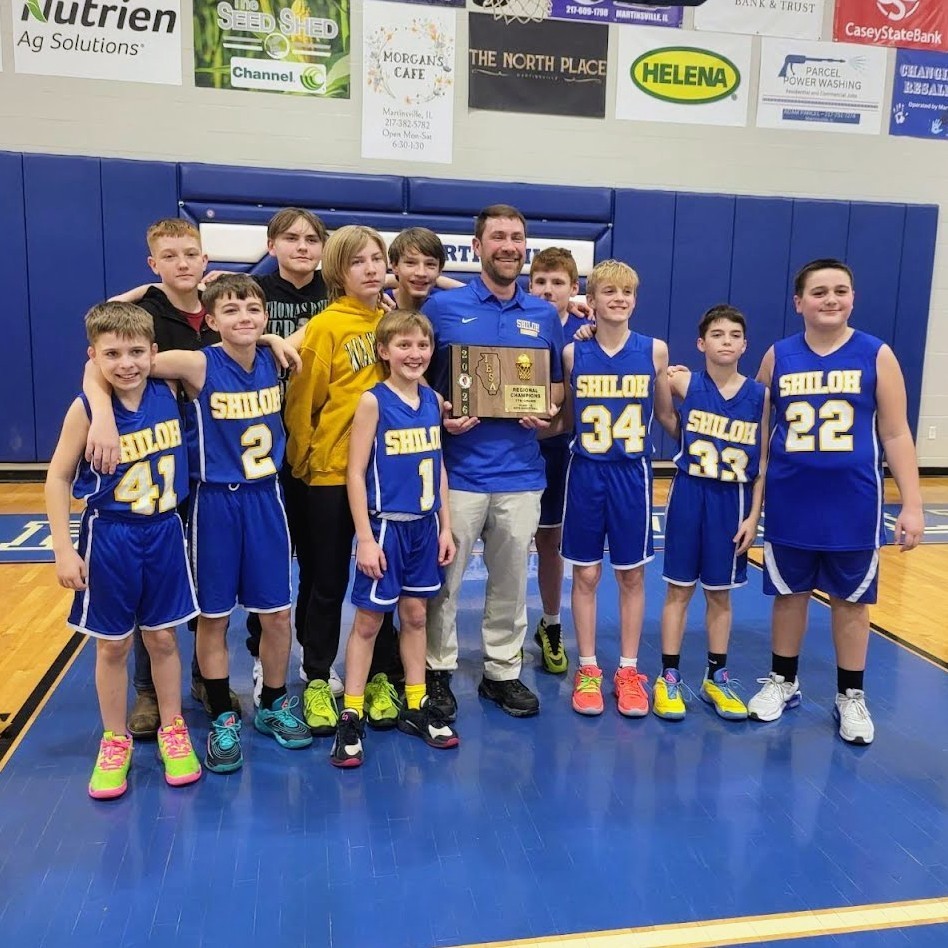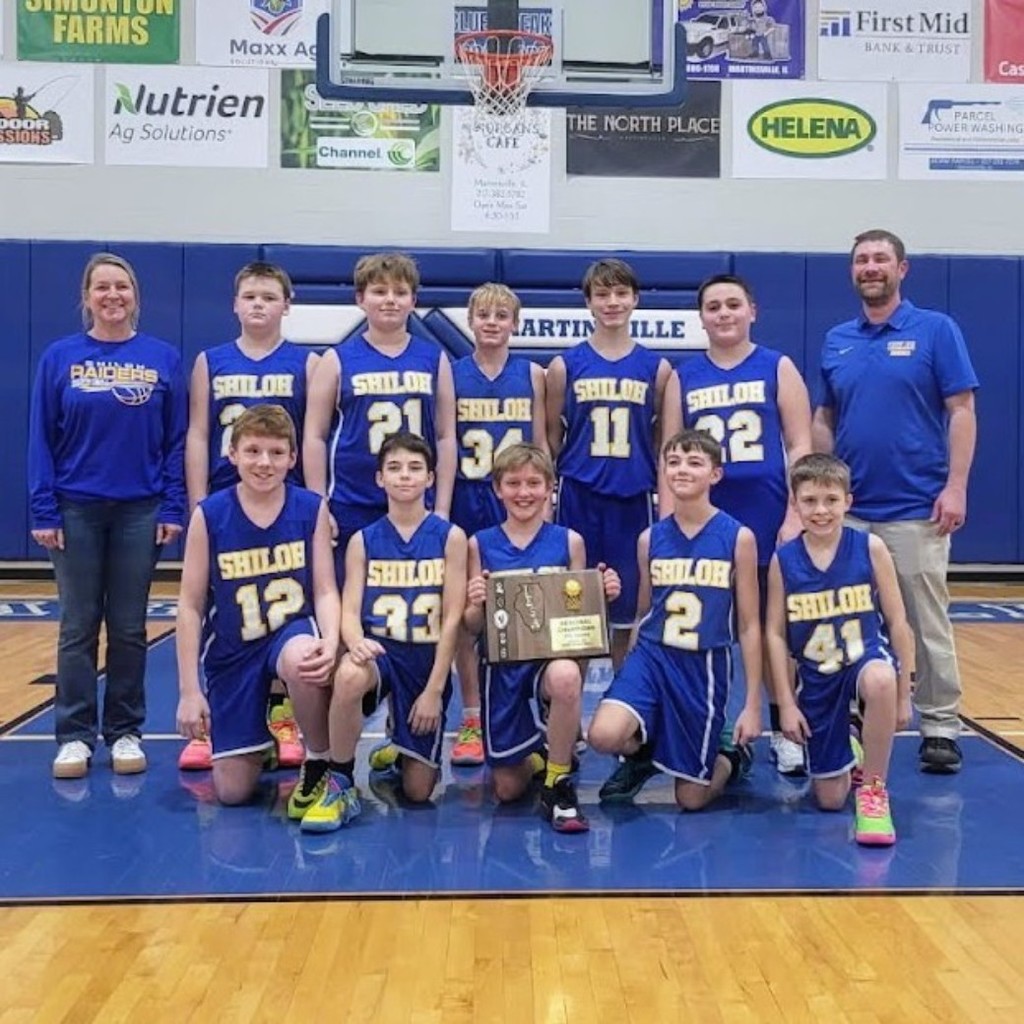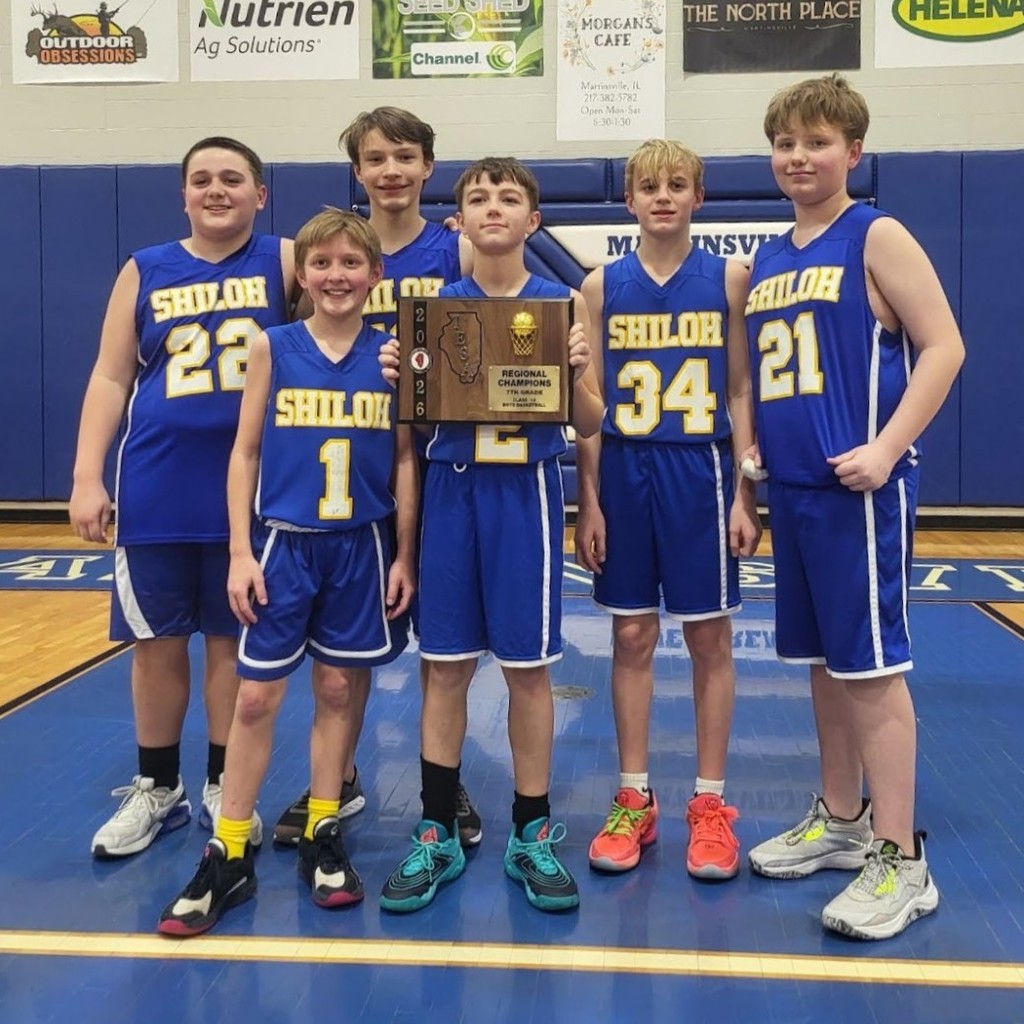Tri County HS Girls play at Sullivan tonight modified JV @ 6pm with Varsity to follow.
Shiloh JH girls volleyball play Unity starting at 6pm
Shiloh families,
We first would like to thank all our families who responded to the survey about late starts and snow routes. If you have not had the chance to look at the survey, please do so at your convenience and respond with your thoughts. Moving forward, we want to partner with our families to find the best way to safely remain in session when possible.
School will be in session tomorrow, and we are excited to welcome our students back to the classroom. Bus routes will run on schedule at their regular stops.
We understand that road conditions may vary across the area. If families feel that roads are too dangerous to travel, student absences will be excused. Families must call the school in the morning to report the absence.
We would like to extend our sincere thanks to the Township Road Commissioners and road crews who worked tirelessly to clear and improve road conditions throughout our communities during this weather event. Their efforts are truly appreciated. As conditions continue to improve, we kindly ask Road Commissioners to take one more look at school bus routes in their townships. Student safety remains our top priority, and we want to work together to ensure transportation routes are as safe as possible. If township officials would like to verify bus routes or get feedback on trouble areas, please contact:
Dana Bogle
Transportation Director
Phone: 217-808-0815
We are happy to assist in any way we can and appreciate the continued partnership and communication.
Most of all, we are so excited to see our students back at school and look forward to a great day of learning.

7th Grade Boys Sectional at Unity Christian 5:30pm
bus time 3:15pm
Tri County HS Boys play at Blue Ridge 8:00pm
Bus times: Shiloh 5 pm K ansas 5:30 pm O akland 5:45 pm
Tri County HS Girls play at Shiloh vs Cerro Gordo Bement 6pm
https://docs.google.com/forms/d/e/1FAIpQLSdwF89Ly8V8fcFQ-ZawqEyRWNAJM0o1bMF1VMylpMTl5zVkCQ/viewform
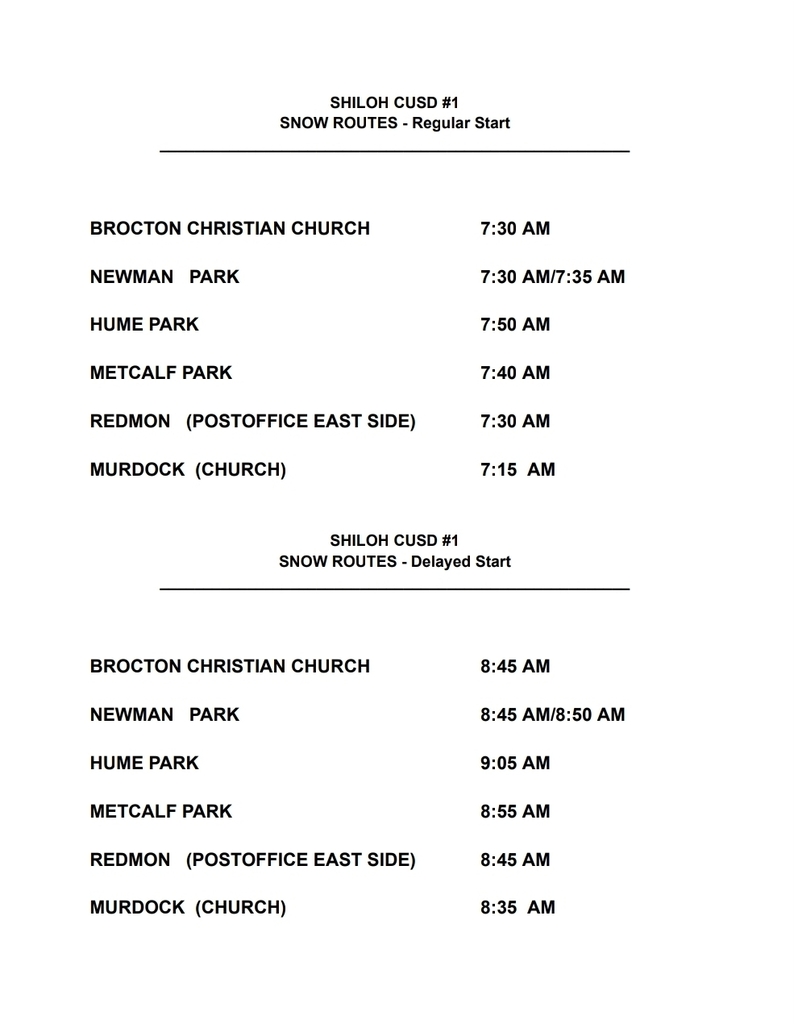
The Tri County HS girls basketball game for tonight has been postponed
GETTING THE WIGGLES OUT!
PIP hosted a Group Connection last Wednesday at the gym in the Newman Community Center providing littles a space to run and scoot around as they engaged in free play with their families and friends. In addition, Lynette and Abbey from the Edgar County Health Department visited and spoke about the importance of breastfeeding and what lactation services their agency offers. Both women are passionate about breastfeeding and were excited to announce a call and text hotline breastfeeding mothers can use if they have questions (217-251-9432). Everyone enjoyed the day playing in the gym and went home with a snack and a new book.
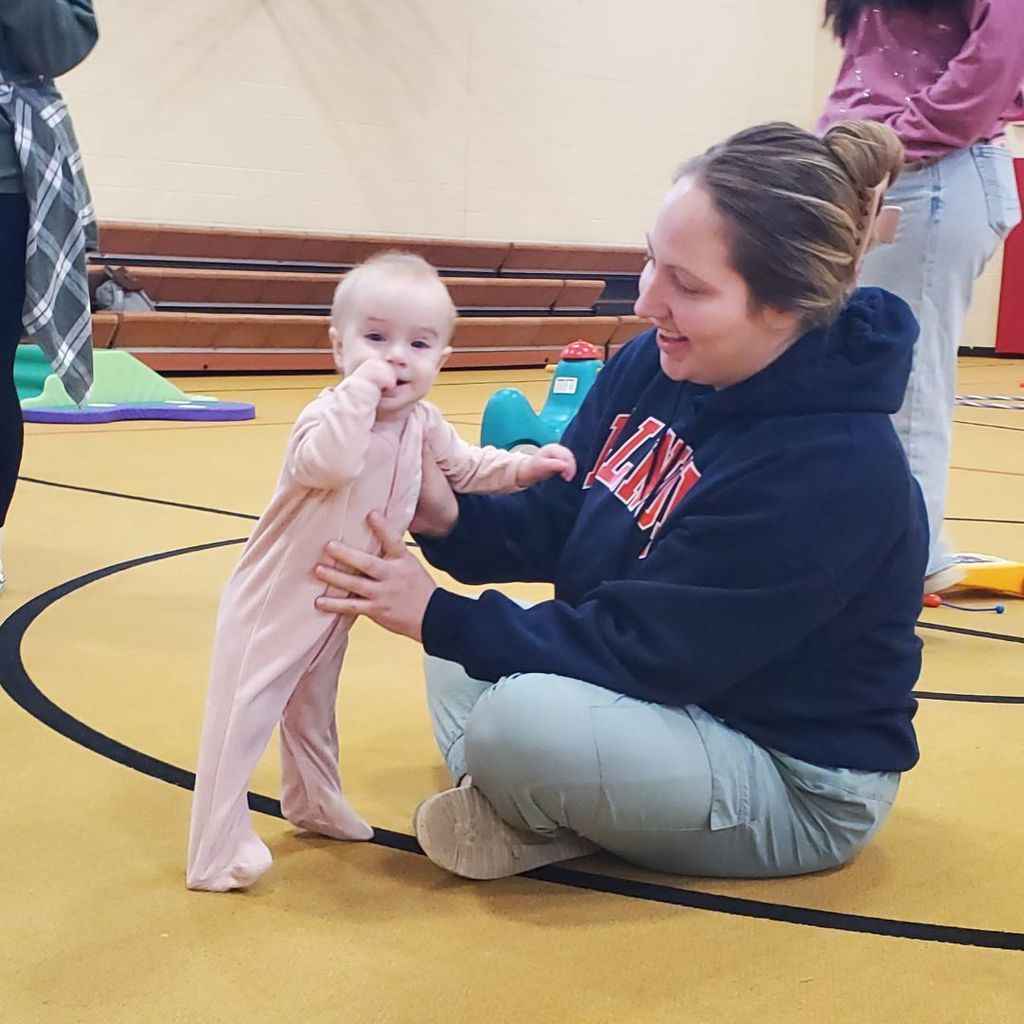
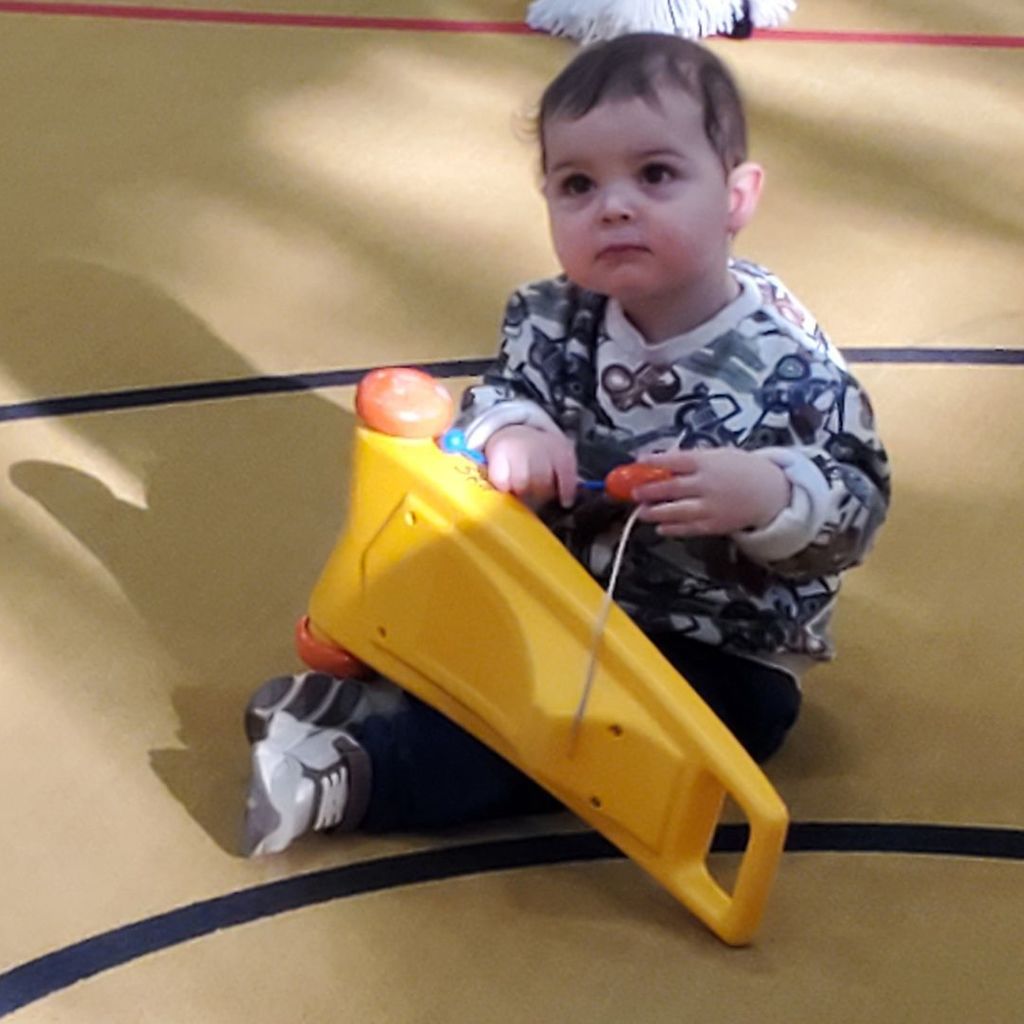
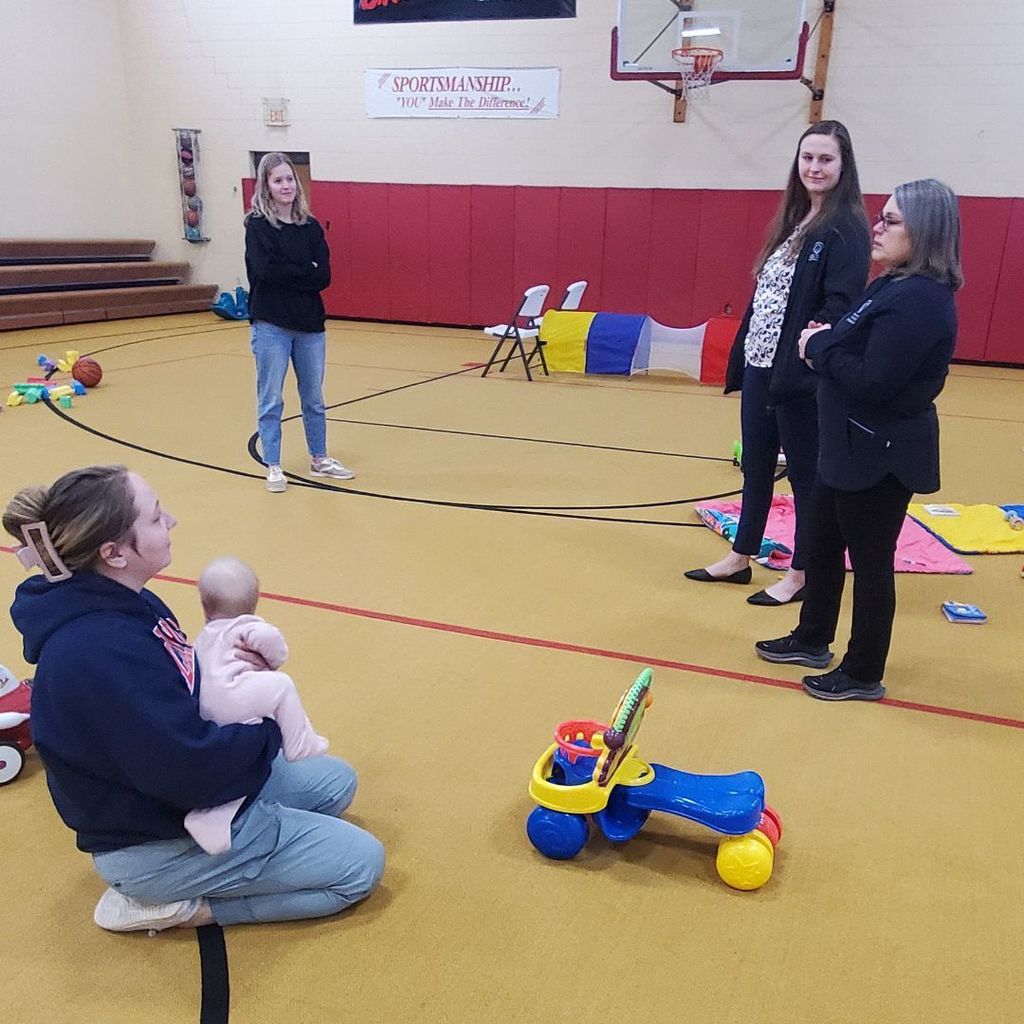
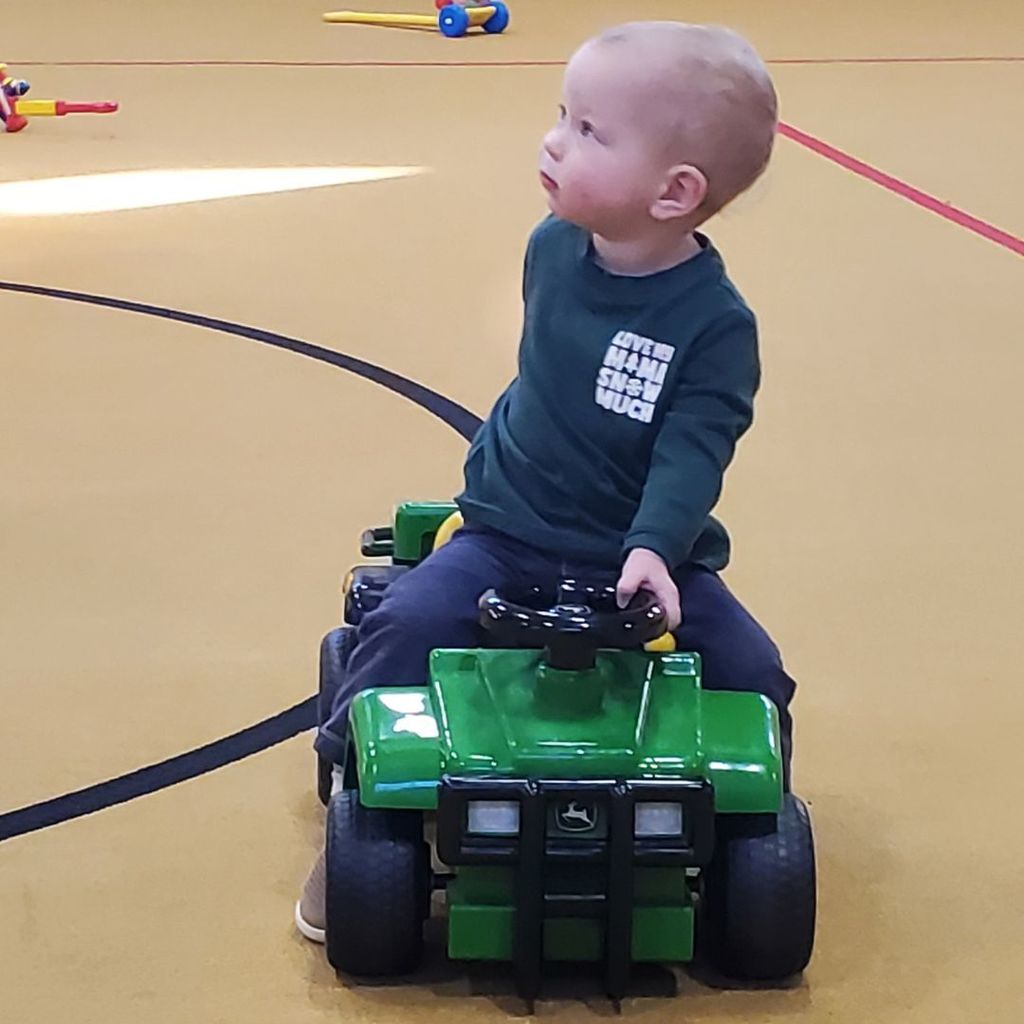
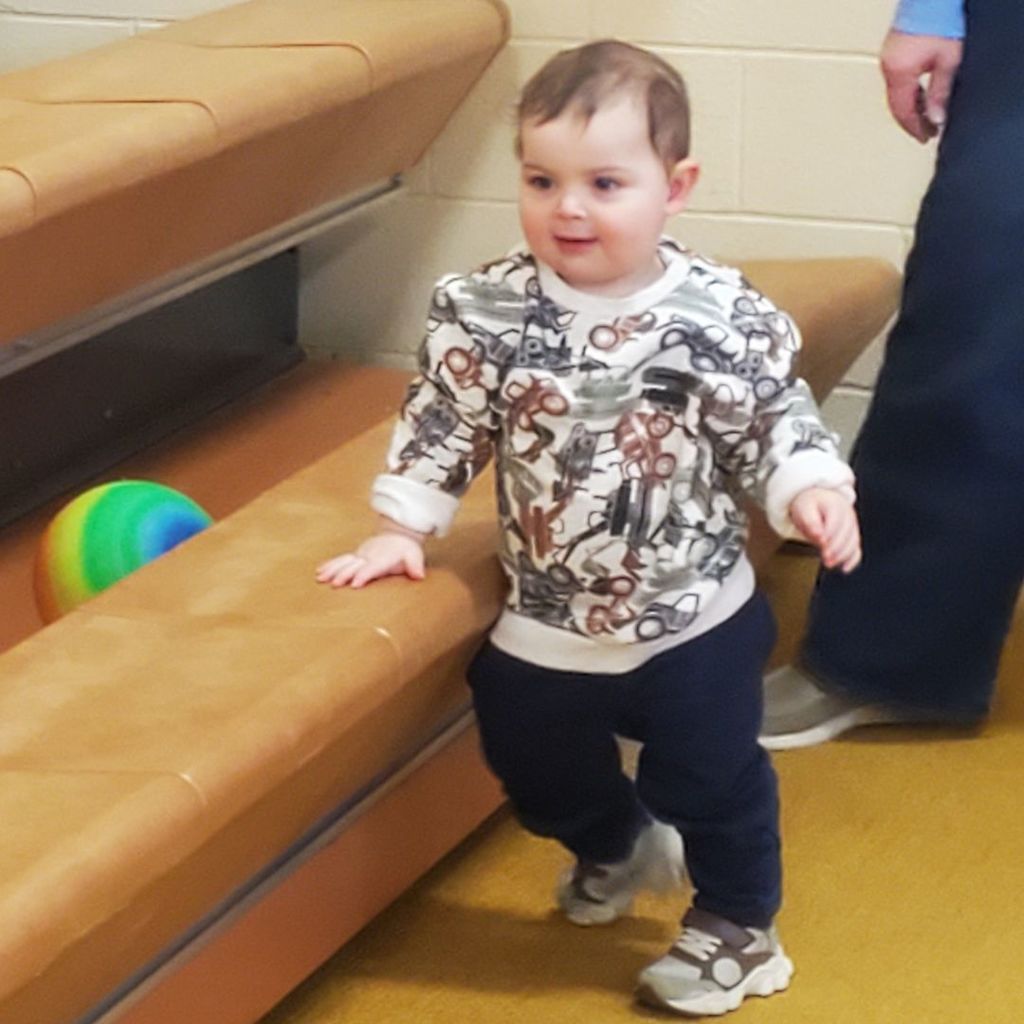
Wednesday, January 28, 2026
8:30 am – 1:30 pm
Blood donors put good into the world. Every donation you make is chance to improve or extend the life of someone in need.
Start your 2026 with a lifesaving blood donation.
Book your appointment: https://login.bloodcenter.org/.../drive_schedule/140246

Tri County HS Girls basketball will play Cerro Gordo Bement Tuesday 1/27/26 @ Kansas JV at 6pm with Varsity to follow. The game vs Strew Stras has been cancelled.
Shiloh 7lth grade boys sectional will be Wednesday January 28 in Decatur at 5:30pm.
There will be pep band on Friday, February 6. Players should be here by 6:45. The drummers are Collin, Prestynn, and Finn.
There will NOT be pep band on February 2.

Bus times Shiloh 8:30am Kansas 9:00am and Oakland 9:15am
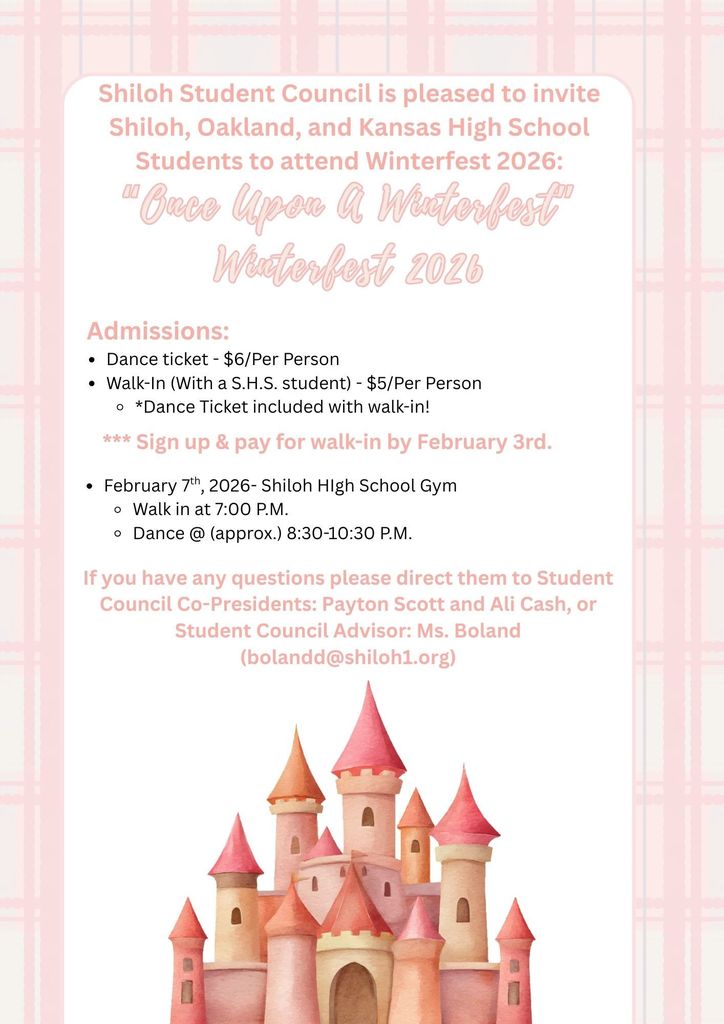

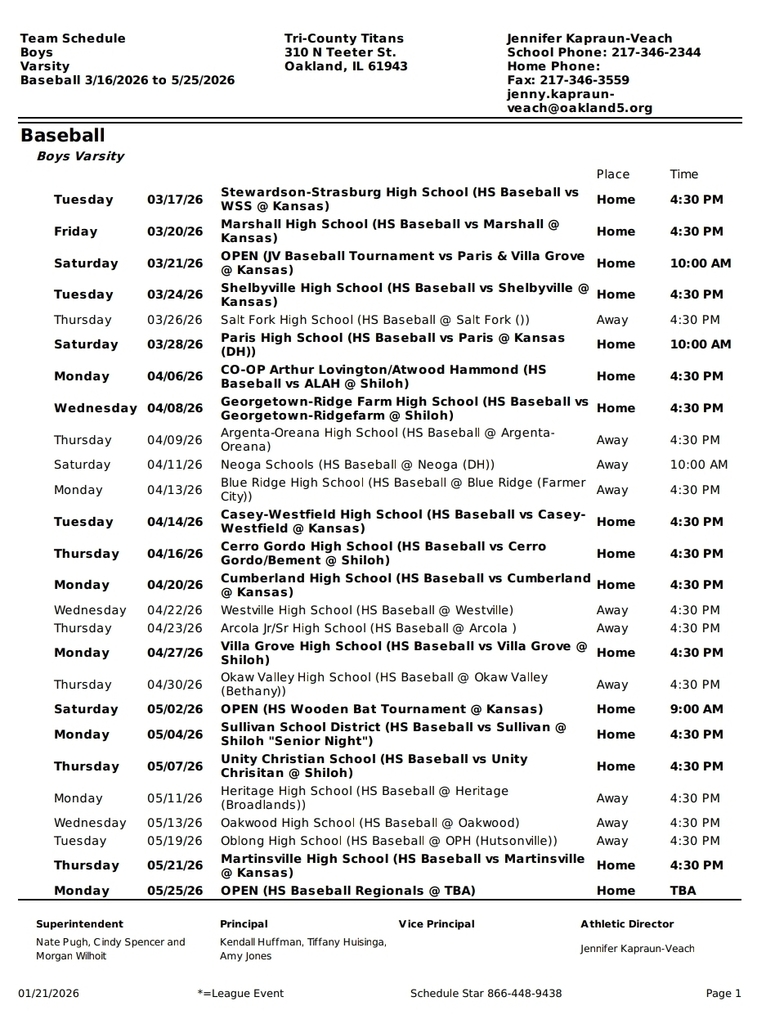

The Tri County HS Girls play tonight in Sullivan. They will play Heritage at 7:30pm in the Sullivan HS Gym. Bus times Shiloh 4:30pm Oakland 5:00pm and Kansas 5:15pm.
The Tri County Fresh/Soph game on 1/29/26 @Kansas has been cancelled.
